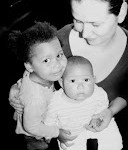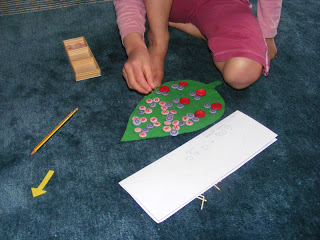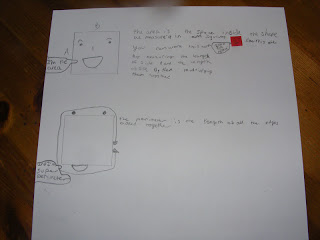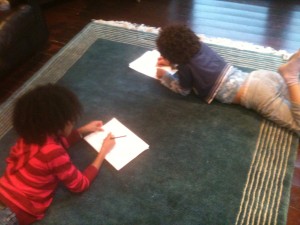
{This week’s Spotlight on the Crew article is brought to you from Zelda, at Homeschool Escapade.}
“Tell me and I forget. Teach me and I remember. Involve me and I learn.” Benjamin Franklin
This quote has been the cornerstone of our learning experience. Even though I have four girls with very different personalities and learning styles they all share a love of doing.
I’m sure we’ve all been there – modelling the life cycle of a butterfly from scraps or building the Great Wall of China from sugar cubes. But ‘hands on learning’ is much more than just a great craft to keep the kids busy and the benefits are amazing.
We have loved using various Montessori methods in our homeschool environment, the chief of these being the three stages of learning;
- Introduction to a concept – lessons, lecture, reading etc.
- Processing the information – this is the hands-on part; experimentation, manipulation, work etc.
- Knowing – this is often demonstrated by teaching a younger sibling the concept or expressing it to me.
So what would constitute hands on learning?
For ages I thought that manipulatives were the answer, after all maths teachers have been using these to provide concrete learning experiences for years. Manipulatives have gone down well in our lessons and have helped reinforce a number of difficult concepts, whether it’s understanding the process of photosynthesis using buttons.
Or using annotated journaling to help cement the differences between area and perimeter.
However I recently read a report in the journal Applied Cognitive Psychology which had some surprising results. They found that volunteers who ‘doodled’ during a dull verbal message were 29% better at recalling details. This research suggests that engaging in very simple hands-on activities can improve memory and retention.
I was very sceptical when I first read this but decided to try and repeat their results. I often read to the girls from ‘Story of the World’ for our history lessons and decided this would be an ideal place to start. I simply asked them to draw scenes from the story whilst reading it to them.
When asked at the end to retell the story or answer questions about it, their performance was excellent. Even weeks after a reading they still recalled details I had forgotten.
Hands on learning has provided us with many meaningful experiences that help them commit information to memory. It has changed how we do lessons: For us it has resulted in a better recall of facts, an enhanced ability to think critically and it requires our girls to become active participants instead of passive listeners.
I have learned that there is no substitute for teaching that calls upon the use of hands as well as minds, and doodling now has a home in our classes.
 Zelda is a homeschooling mama to four energetic girls. She blogs about their hands-on homeschool adventures at Homeschool Escapade.
Zelda is a homeschooling mama to four energetic girls. She blogs about their hands-on homeschool adventures at Homeschool Escapade.
Applied cognitive psychology link http://onlinelibrary.wiley.com/doi/10.1002/acp.1561/abstract


